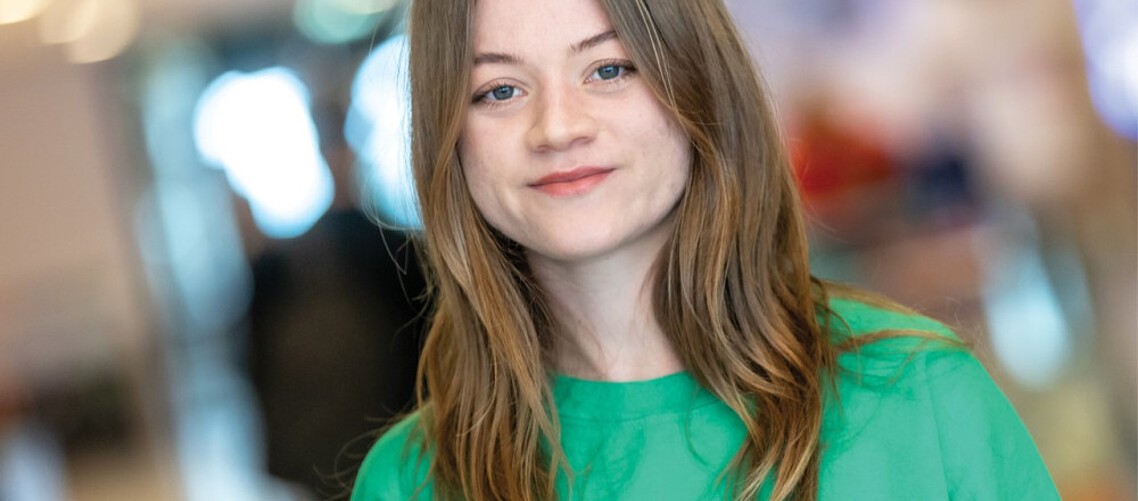Recently a study that found toxic metals in tampons from 14 major brands in the E.U. and U.S went viral on social media. The study, conducted by scientists from UC Berkeley, Columbia University, and Michigan State University, tested 30 tampons and detected metals like lead, arsenic, and cadmium in all samples. The findings sparked widespread concern and debate, particularly focusing on the potential health risks these metals pose and the current lack of comprehensive information on their effects.
Where should our focus be?
The post received mixed reactions, both positive and negative. Many responses focused on the alarming presence of metals in widely used menstrual products. However, numerous commenters also argued that there isn't enough information to definitively state that these metals are dangerous at the concentrations found. Lead author Jenni A. Shearston pointed out that this is the first study to measure metals in tampons, highlighting a significant gap in our understanding of the composition of commonly used menstrual products. A discussion about who interpreted the research results best was sparked, but is that really where our focus should be?
One of the most pressing issues raised by this study is our lack of knowledge about how these metals might affect the female body. Despite the potential for significant public health implications, there has been little research on the presence of chemicals in tampons until now. In fact, there has been limited research on female products in general. For a researcher like myself, this raises critical questions: why has it taken so long to investigate these products? After years of widespread tampon use, why are we still unsure about their safety?
Researchers such as Dr. Herbert L. Needleman, who has extensively studied the cognitive impacts of lead exposure, and Dr. Philippe Grandjean, known for his research on the health effects of arsenic, have pointed out that metals like lead and arsenic can cause severe health problems, including dementia, infertility, diabetes, cancer, and damage to vital organs and systems. The vaginal mucosa can absorb chemicals more readily than other skin areas, which is why exposure to toxins through tampons is a concern. While the findings of the UC Berkeley, Columbia University, and Michigan State University study suggest that women might be at higher risk for exposure to these toxic metals through tampon use, there is no clear data on how much of these metals can leach out and be absorbed by the body. The study's co-author, Kathrin Schilling, notes that metals are ubiquitous and we are exposed to low levels regularly, but the presence of these metals in menstrual products specifically raises new concerns.
Further research is essential
For now, the exact impact of these metals on health remains uncertain, and further research is essential to determine the extent of their effects. The viral post has brought much-needed attention to a significant issue, but it also reveals the gaps in our current knowledge and the urgent need for further investigation. The reactions to the study reflect both concern and a call to action, urging researchers, manufacturers, and regulators to prioritise the safety of menstrual products and the health of their users. In this way, a post that goes viral can play a part in bringing to the light an overlooked and under-researched area that has the potential to affect the health of menstruating individuals worldwide.
Kardkijk is the researcher behind ECWO's 2022 original research into the nature of women's organisations in the Netherlands.
References:
- Needleman, H. L., et al. (1990). "Bone lead levels and delinquent behavior." JAMA, 263(5), 673-678.
- Grandjean, P., & Landrigan, P. J. (2014). "Developmental neurotoxicity of industrial chemicals." The Lancet, 383(9922), 356-365.
